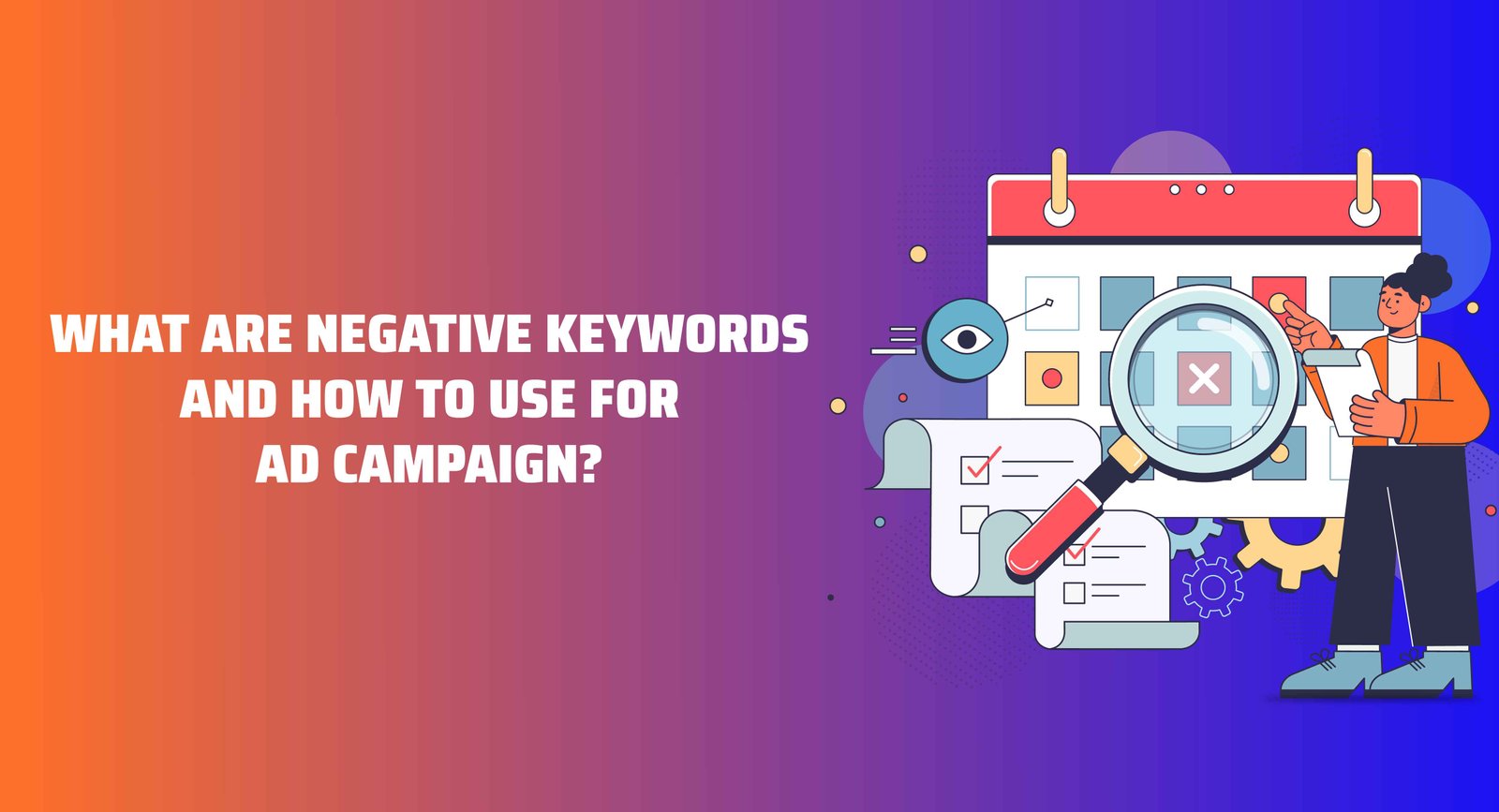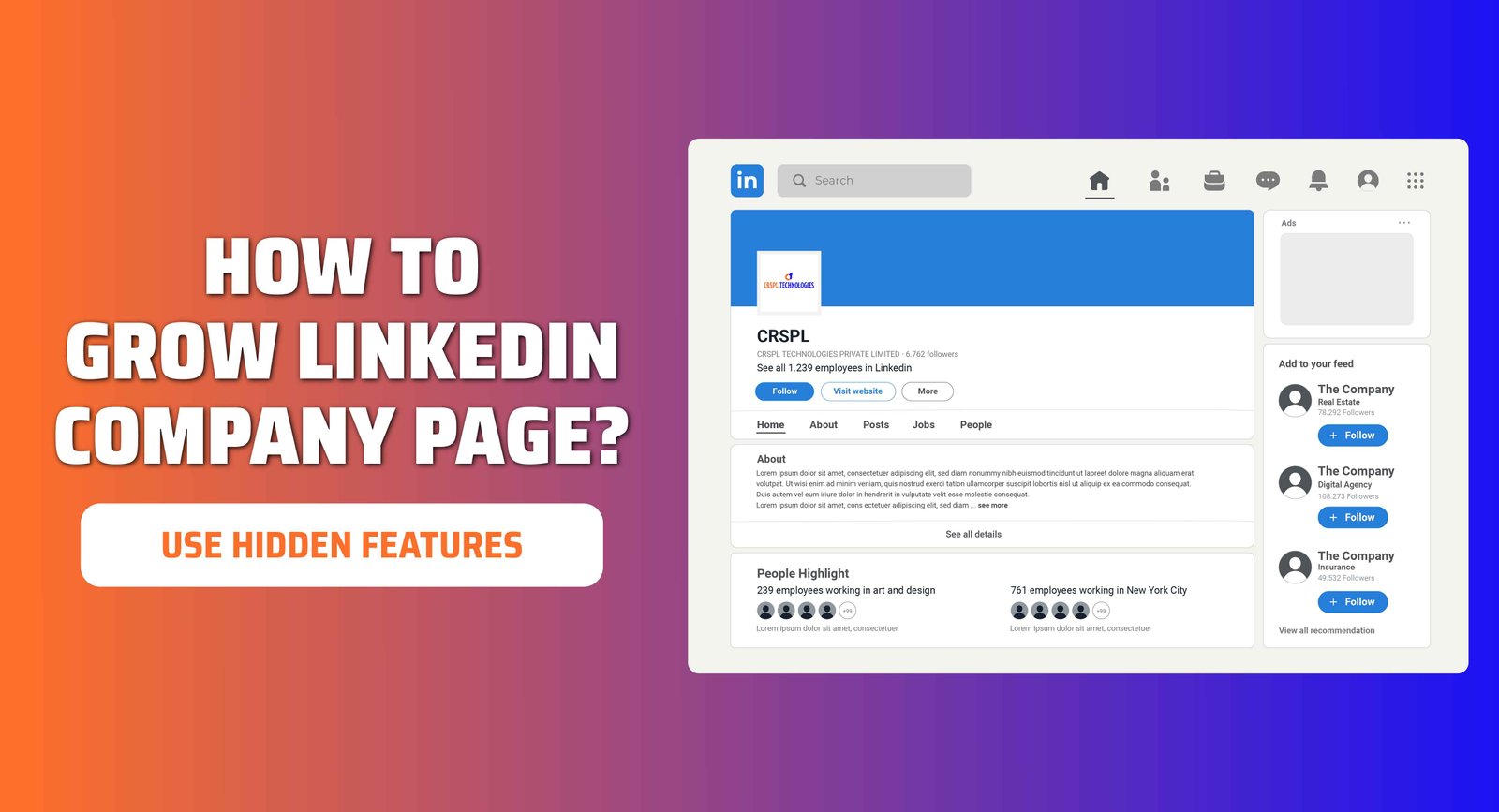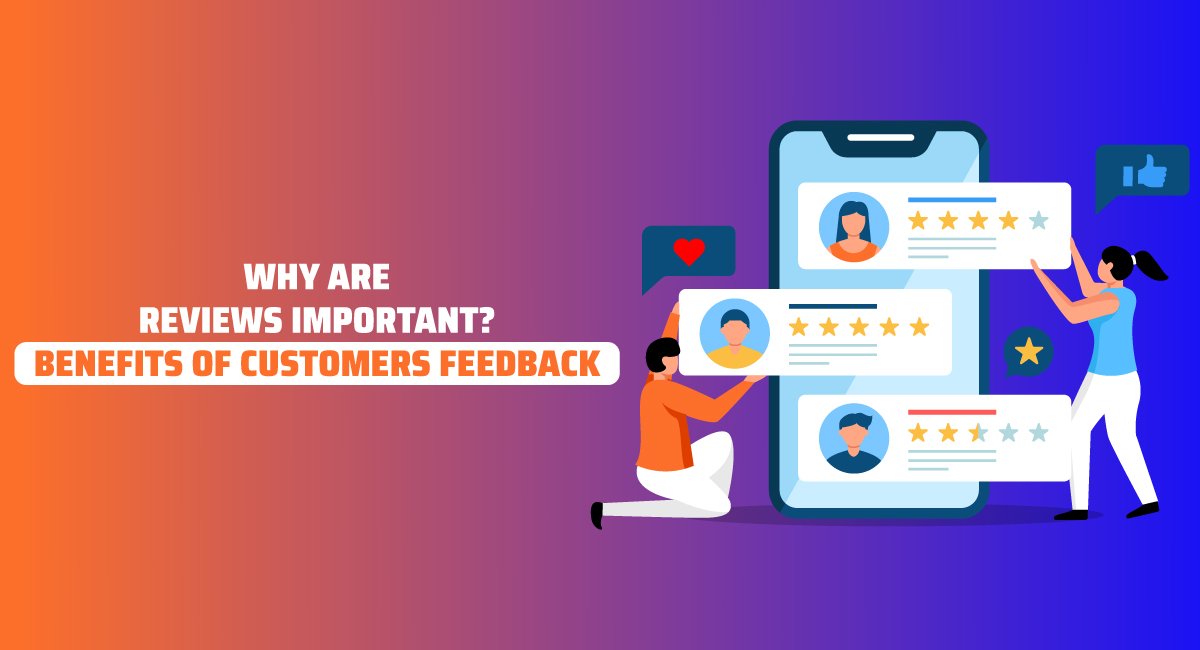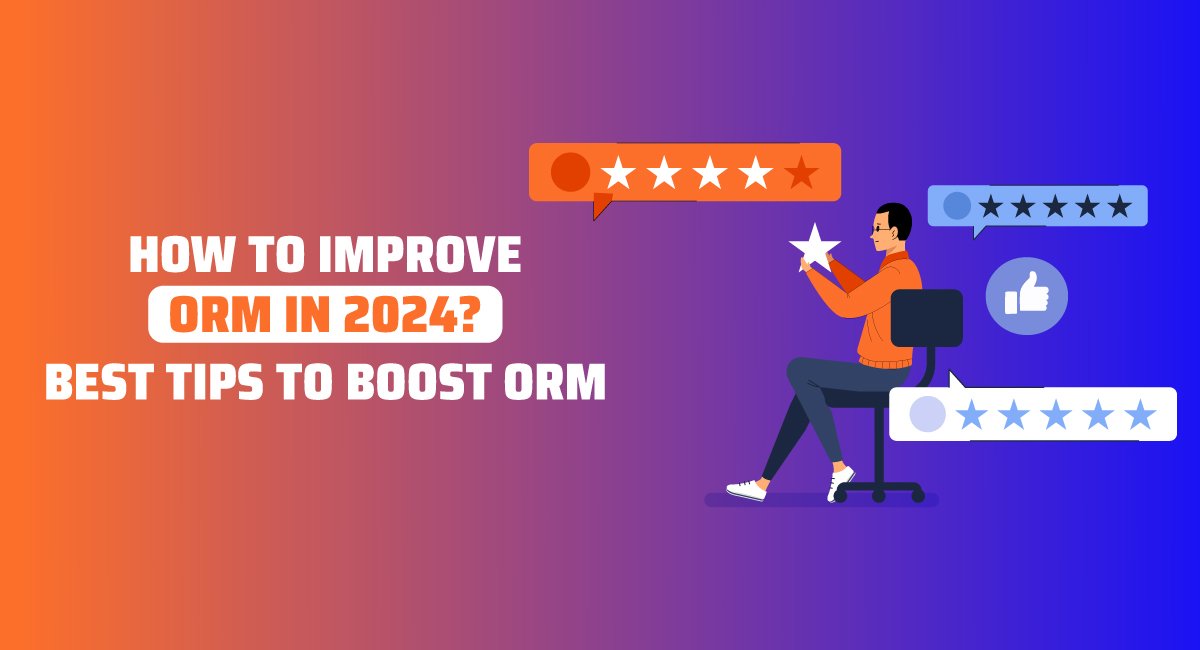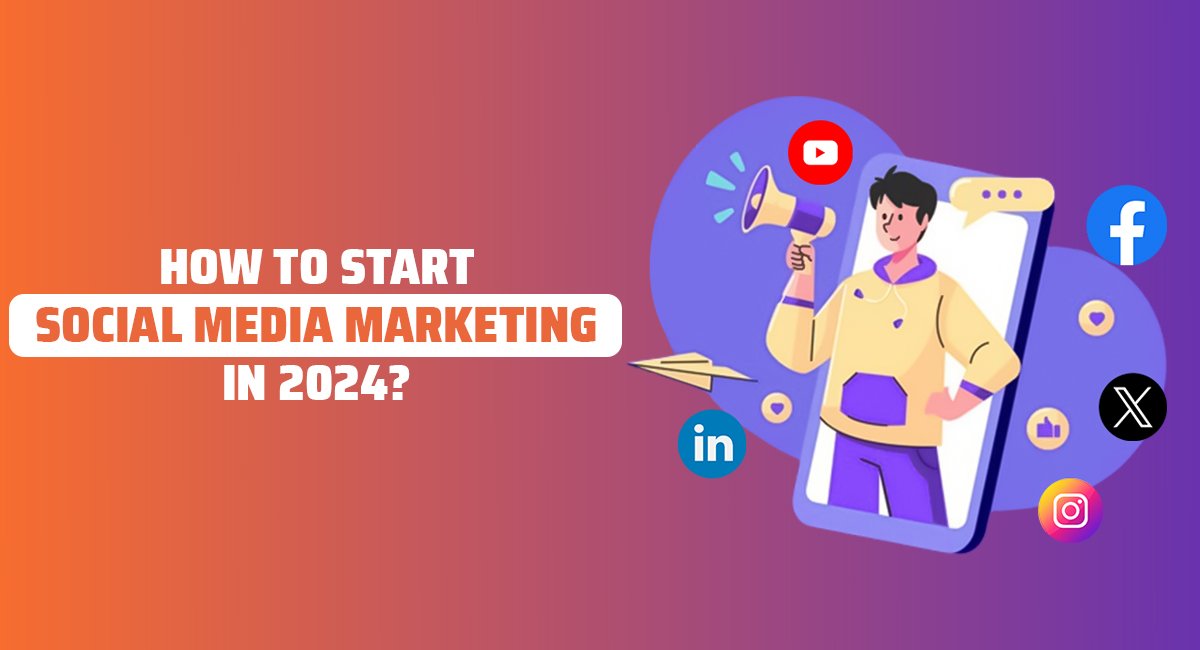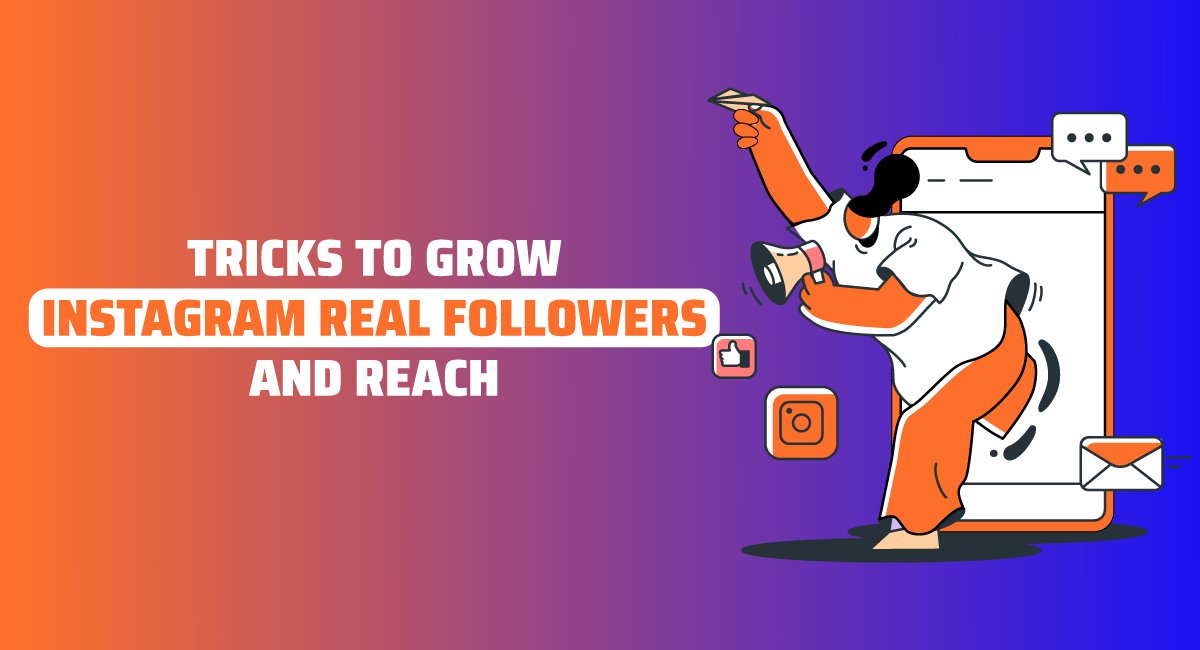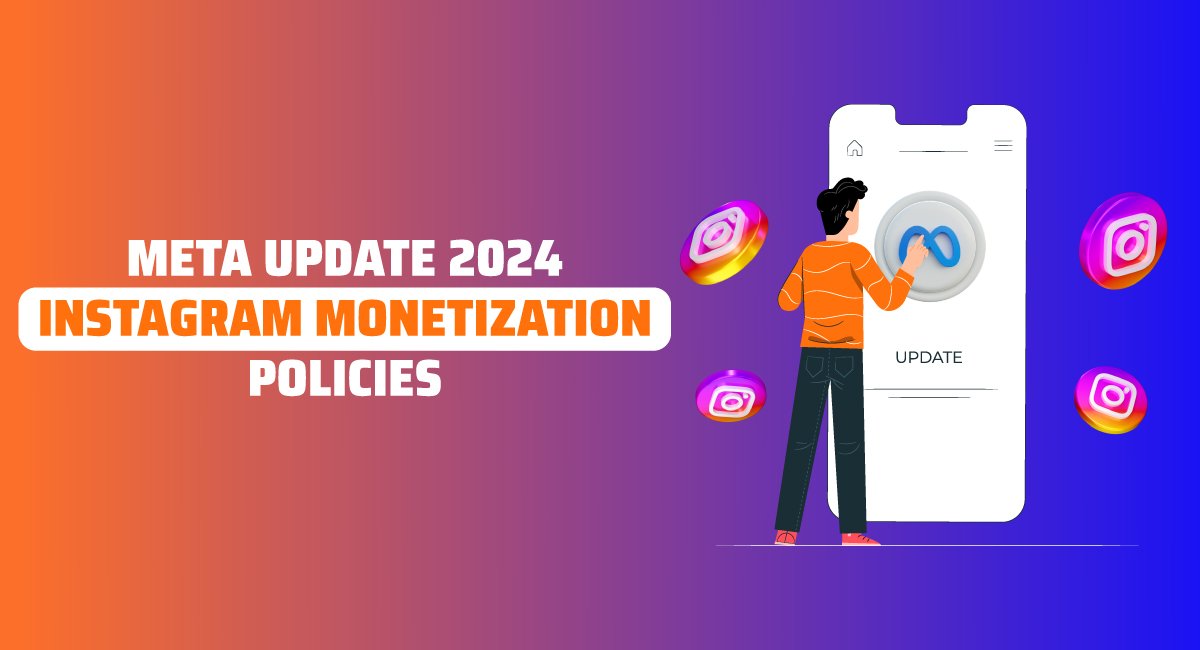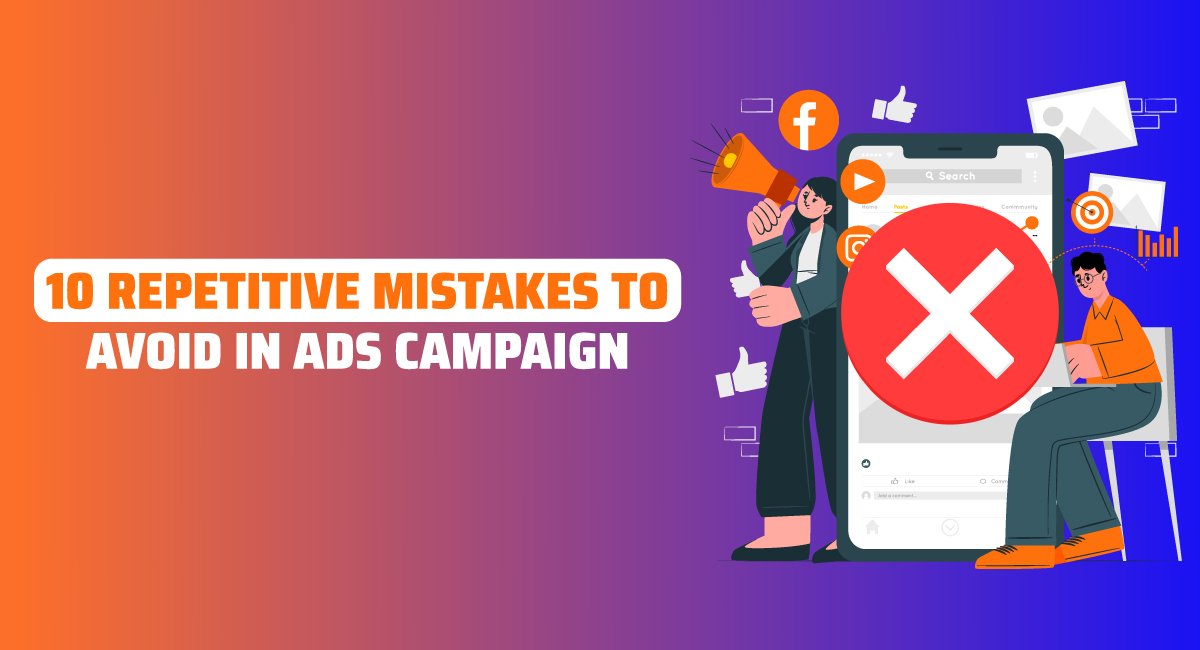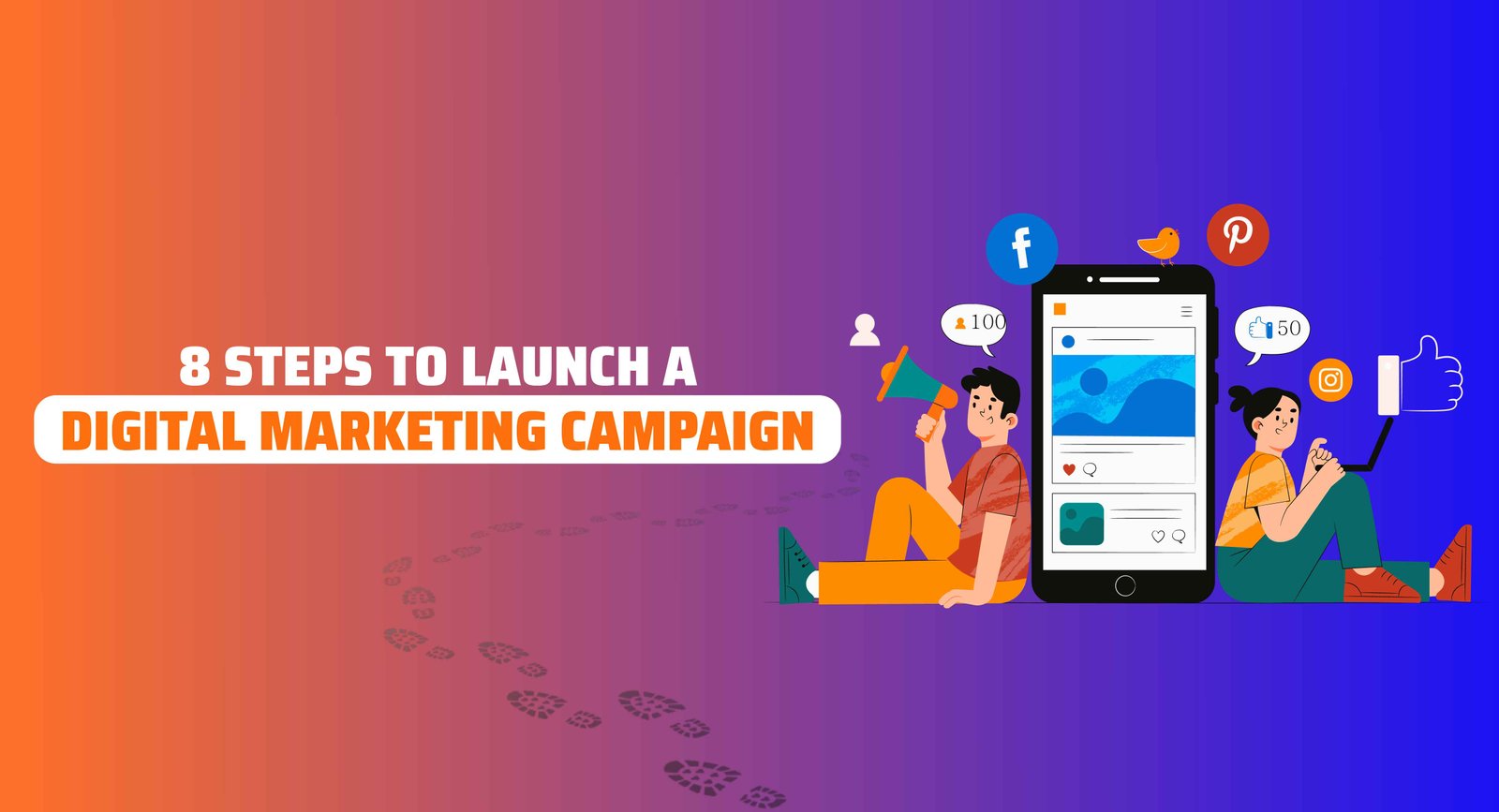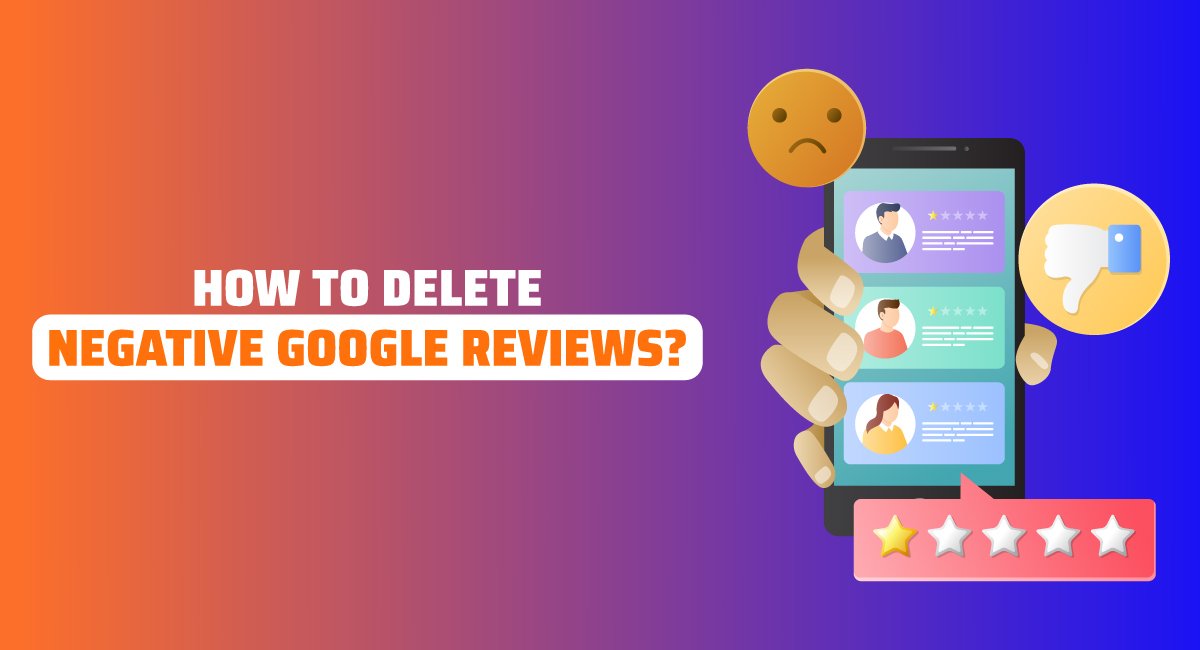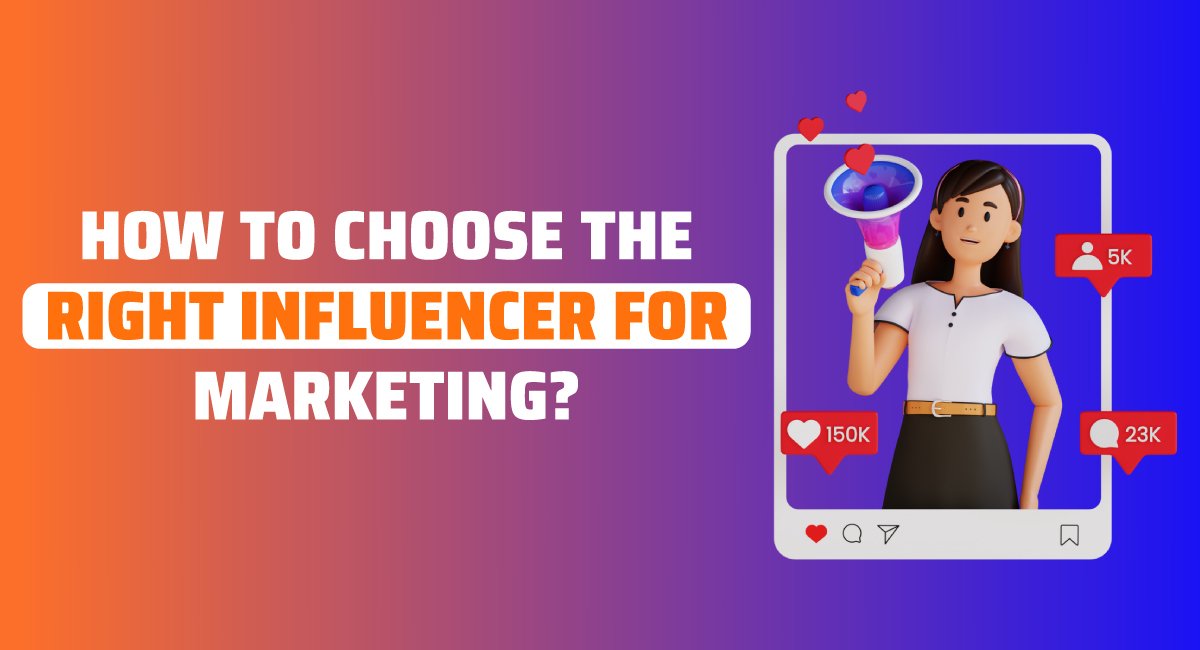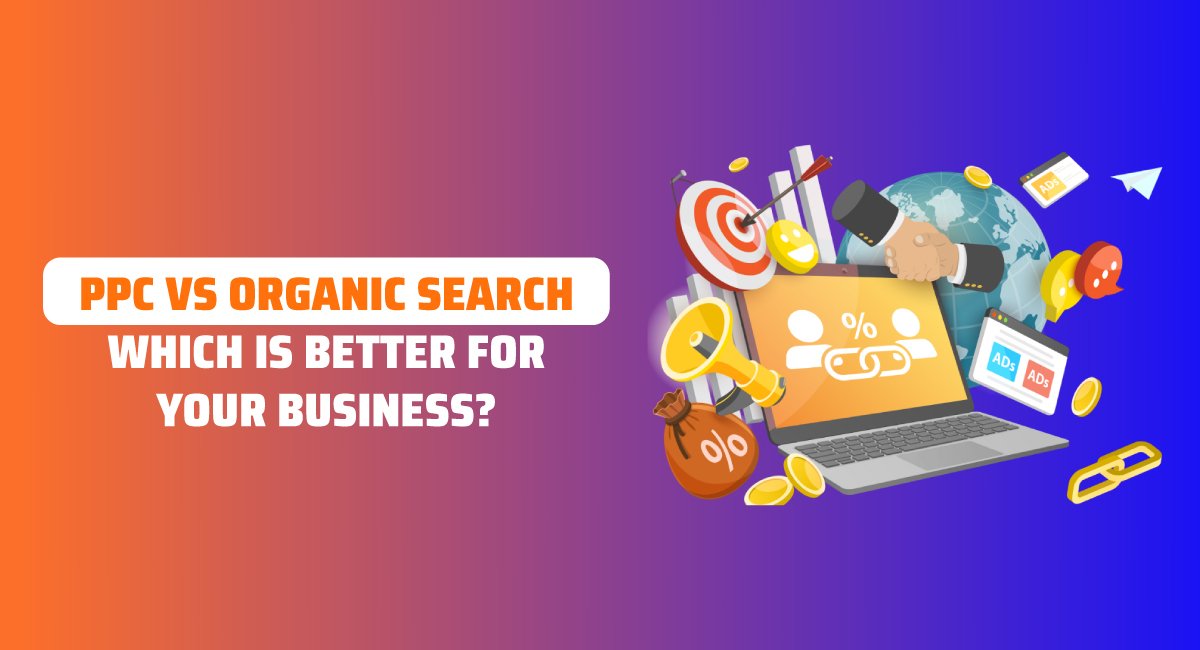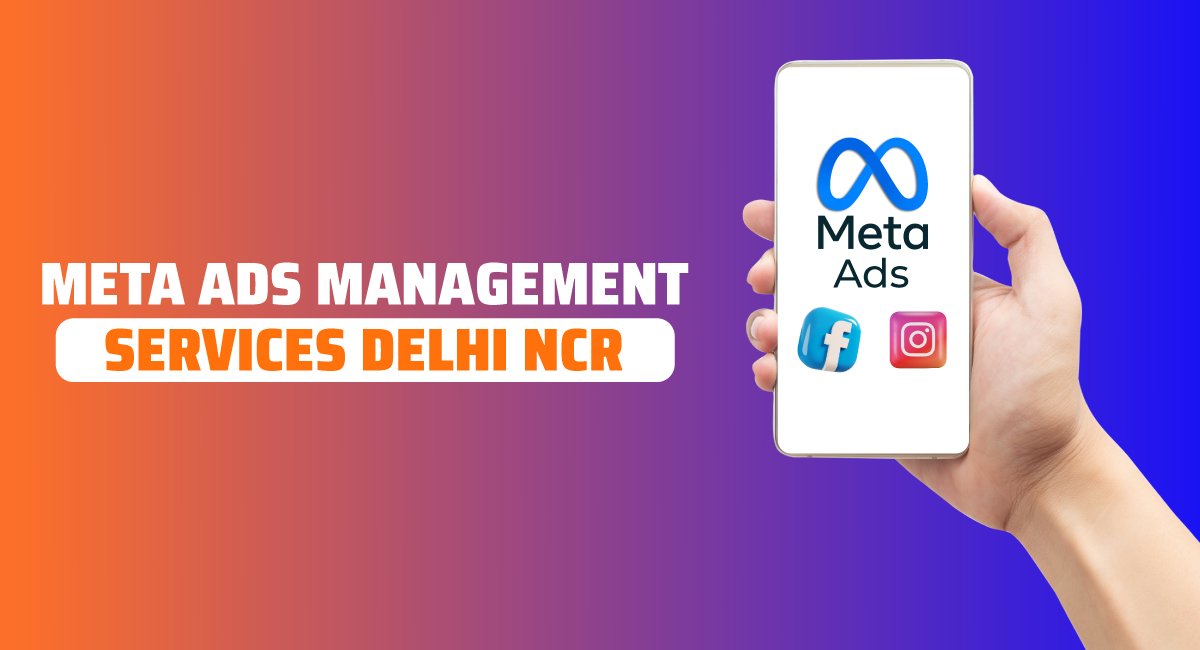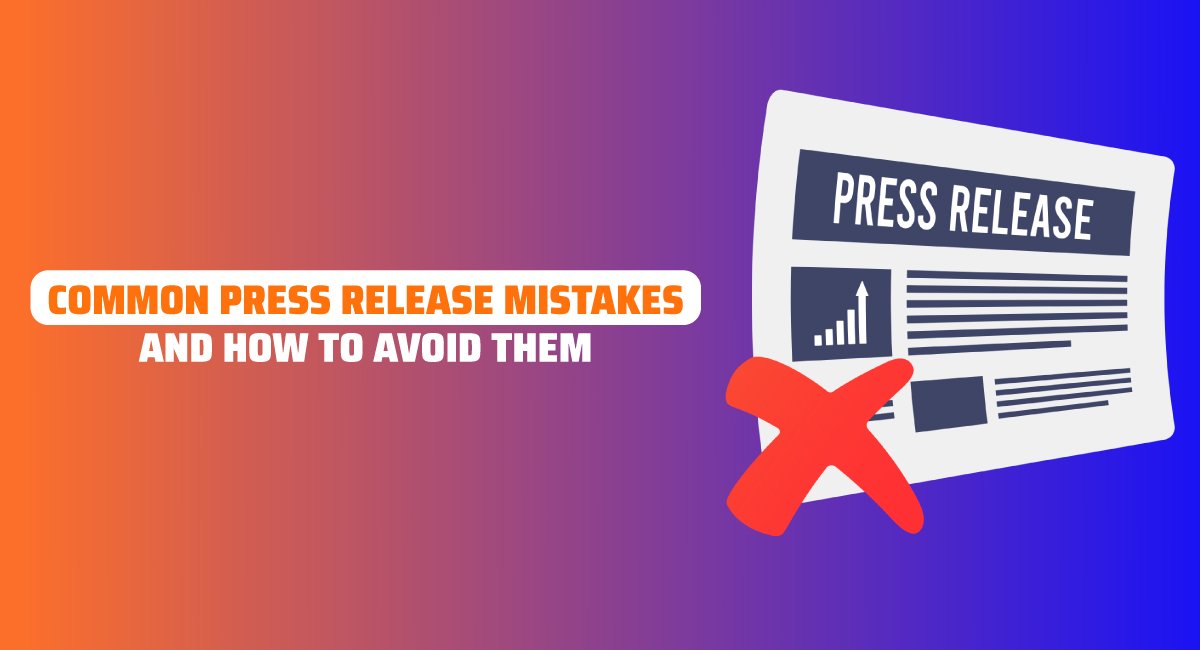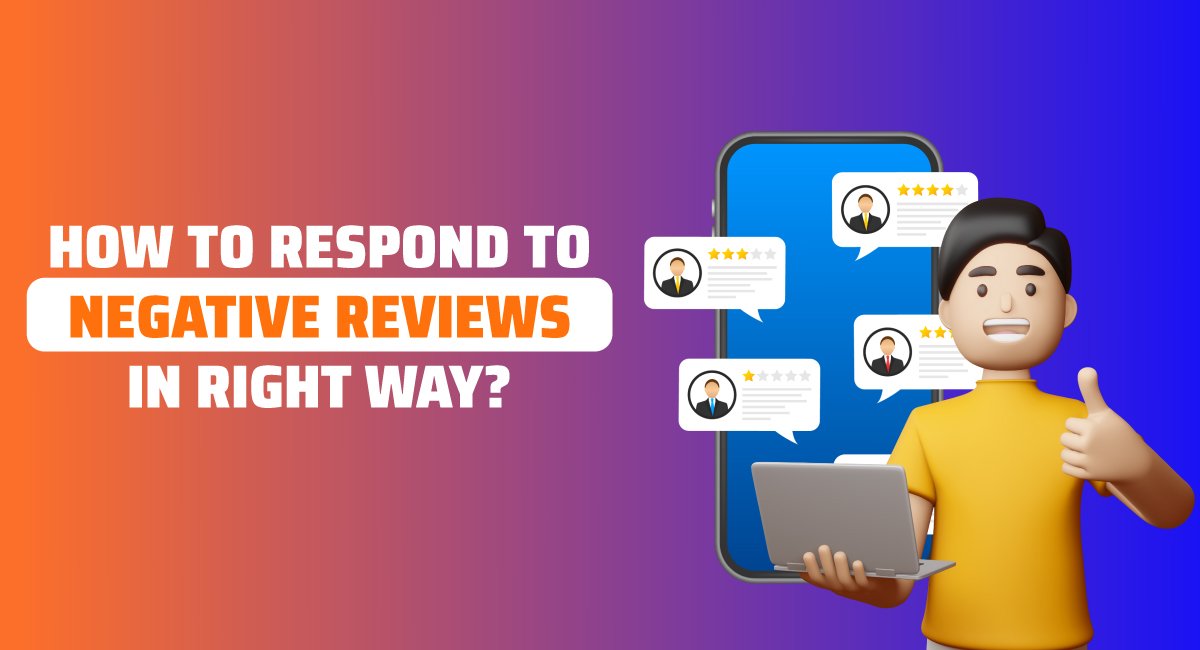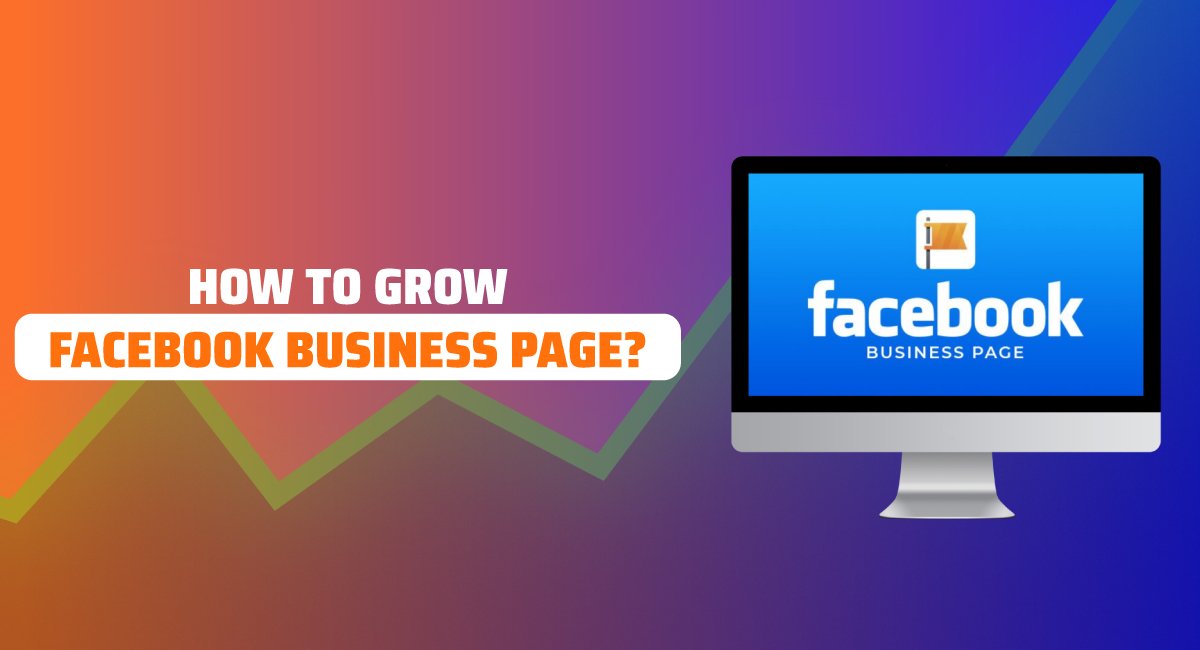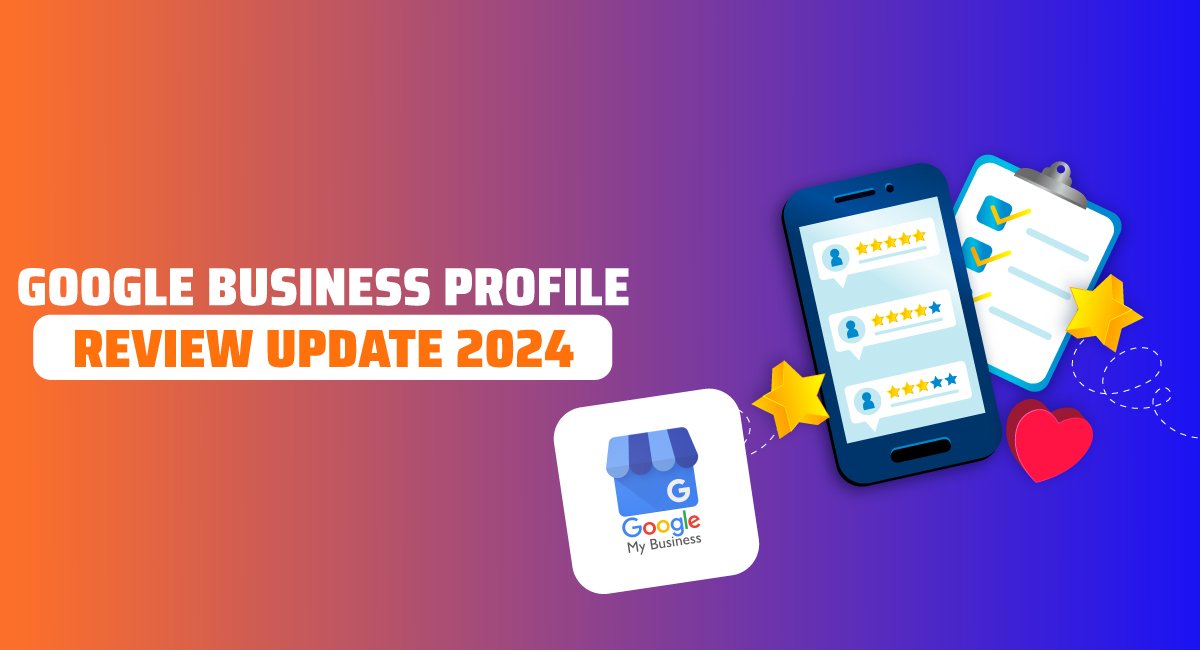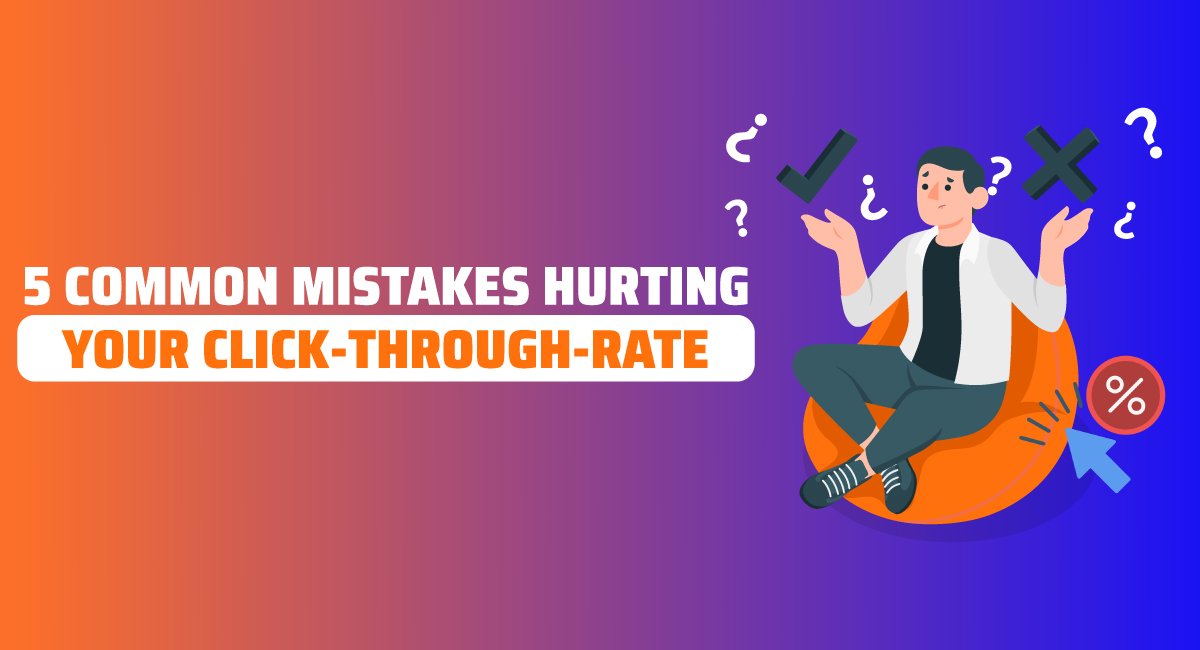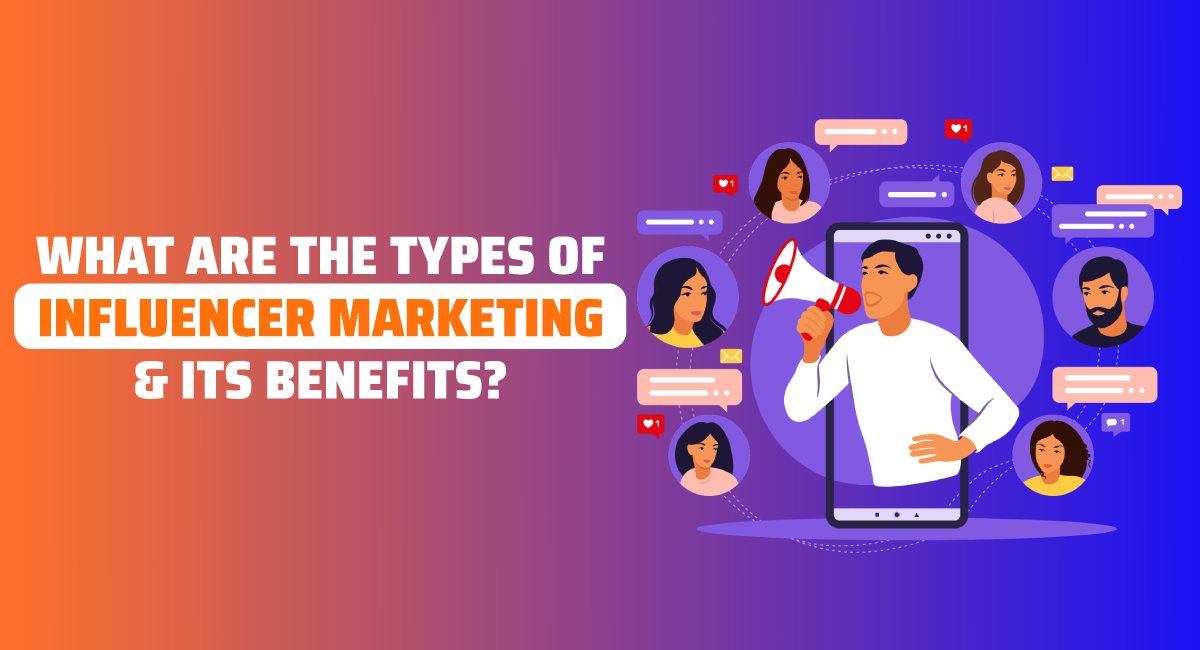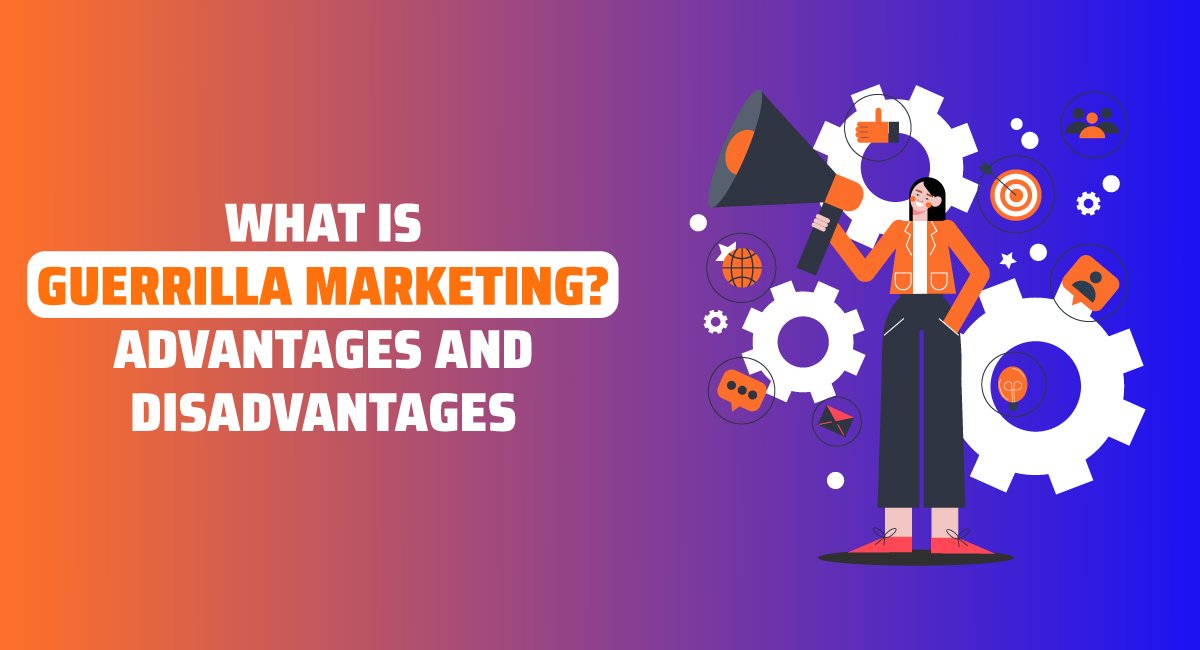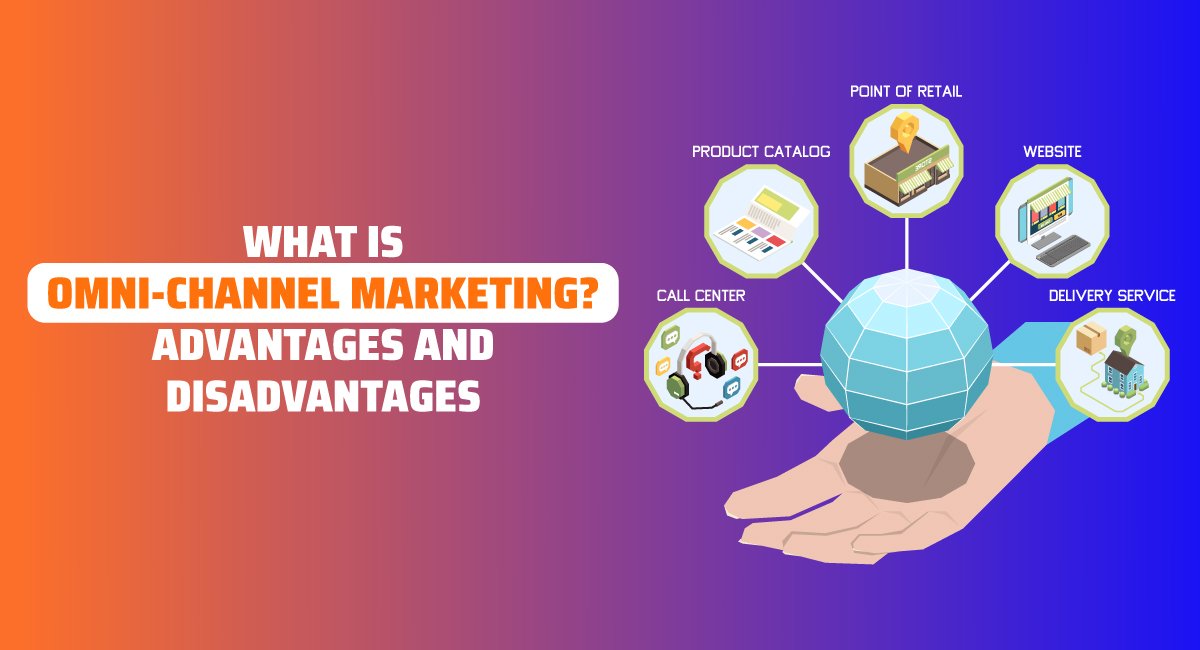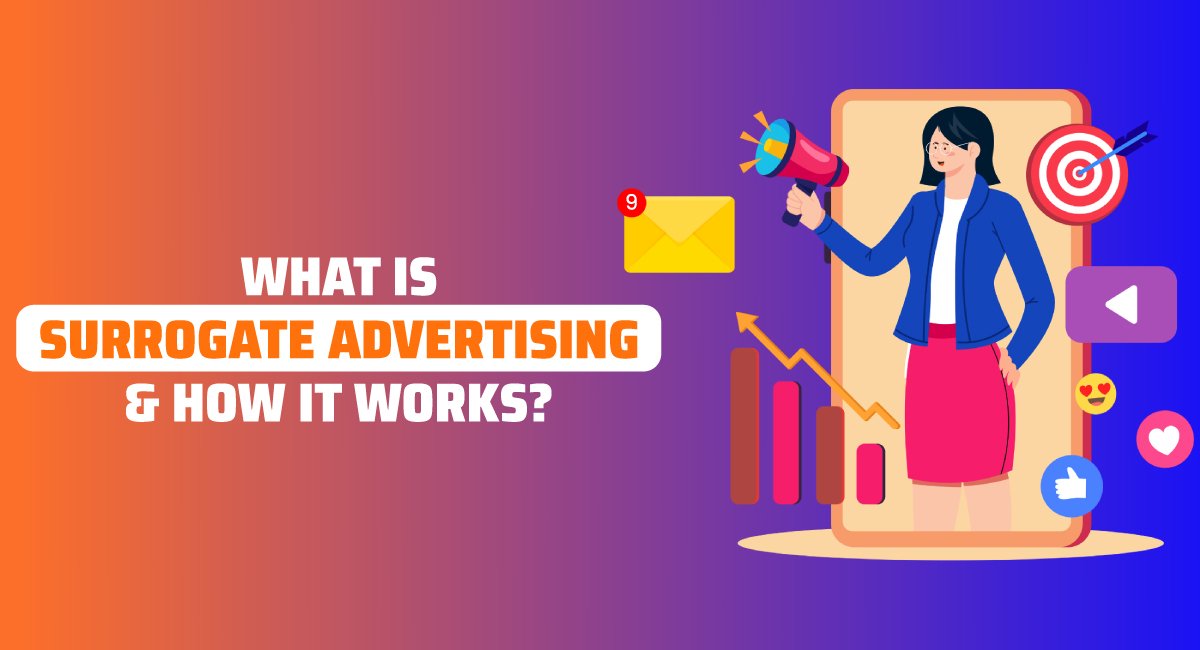
What is Surrogate Advertising & How It Works?
Surrogate advertising is a marketing strategy used by companies to promote products that are not allowed to be directly advertised due to legal restrictions. This form of advertising is commonly used in industries such as alcohol, tobacco, and gambling, where there are strict regulations prohibiting the promotion of these products. Instead of directly advertising the forbidden products, companies use surrogate advertising to promote a related or similar product that is allowed to be advertised. For example, a liquor company may promote a soda or water brand it owns instead of its alcoholic beverages.
Surrogate advertising is often used to create brand awareness and maintain visibility in the market without directly promoting the restricted product. By associating the company's brand with a legal product, they can indirectly appeal to consumers and ensure that their products remain top of mind.
This allows companies to continue to reach their target audience and drive sales, without violating any regulations or facing legal consequences for advertising prohibited items.
Critics of surrogate advertising argue that it is a manipulative practice that allows companies to skirt around regulations and promote products that may be harmful to consumers. They argue that by using surrogate advertising, companies are able to exploit loopholes in the system and continue to profit from the sale of restricted products without being held accountable for the consequences.
However, proponents of surrogate advertising argue that it is a necessary tool for companies to remain competitive and maintain a presence in the market, even in industries with strict advertising restrictions. Ultimately, the use of surrogate advertising raises ethical questions about transparency and accountability in marketing practices.
How Surrogate Marketing Works?
Surrogate advertising involves using a brand's name, logo, and identity to market a different product that is not subject to the same advertising restrictions. This "surrogate" product may be similar or entirely unrelated to the original product. For example, a liquor brand might advertise soft drinks or music CDs under its name, effectively keeping the brand in consumers' minds while adhering to legal limitations.
Key Strategies
1. Promotion by Extension: This involves extending the brand's product line to include items that can be advertised legally. For instance, Kingfisher has successfully marketed products like soda and calendars alongside its beer.
2. Promotion by Association: Brands may associate themselves with social causes or events, creating a positive image while subtly promoting their identity. Celebrity endorsements often play a crucial role here.
3. Media Utilization: Companies utilize various media platforms—TV commercials, online ads, and sponsorships—to create awareness without directly mentioning the restricted products.
4. Public Service Announcements (PSAs): These can serve as a means of promoting social responsibility while keeping the brand visible without directly selling the banned product.
Event Sponsorships: By sponsoring events, brands can place their logos in high-visibility areas, reinforcing brand recognition without overtly promoting their restricted products.
Ethical Considerations
While surrogate advertising can be effective in circumventing legal restrictions, it raises several ethical concerns: -
1. Deceptive Practices: Critics argue that this form of advertising can mislead consumers by promoting a brand associated with products they cannot directly advertise.
2. Public Health Risks: By maintaining brand visibility for products like alcohol and tobacco, surrogate advertising may contribute to societal issues such as addiction and unhealthy behaviors.
3. Lack of Transparency: Consumers may not always recognize that they are being exposed to surrogate advertisements, complicating their ability to make informed choices.
Conclusion
Surrogate advertising serves as a creative workaround for companies facing restrictions on direct product promotion. While it helps maintain brand presence and consumer engagement, it also invites scrutiny regarding ethical practices and public health implications. As regulations evolve and digital marketing expands, the landscape of surrogate advertising will likely continue to adapt.

.png)
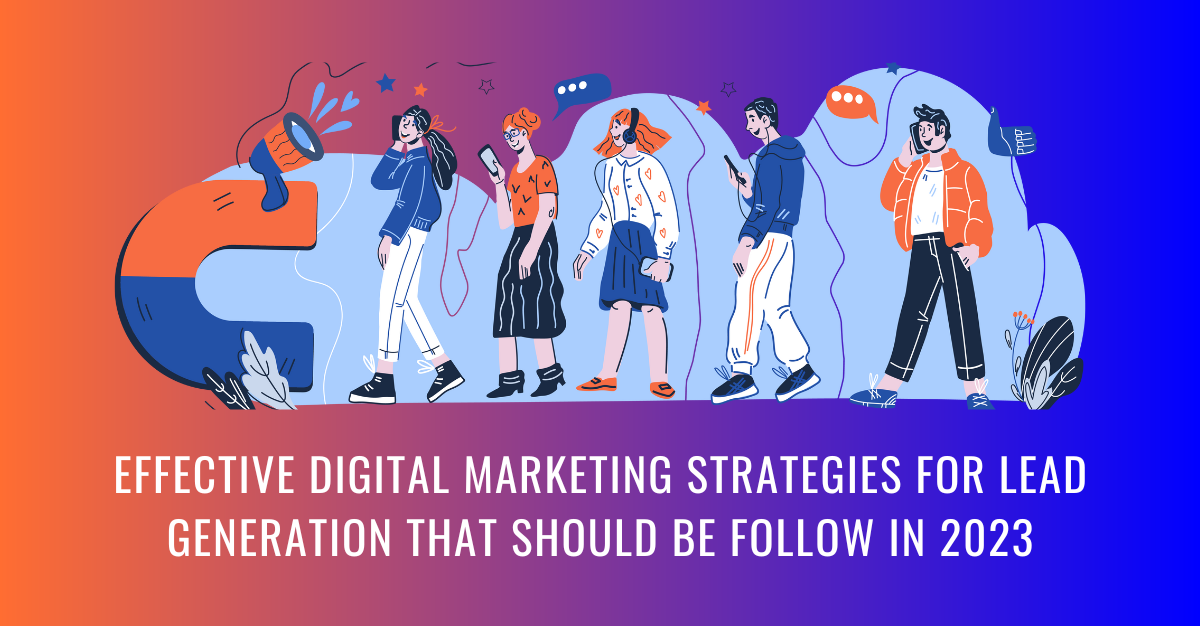
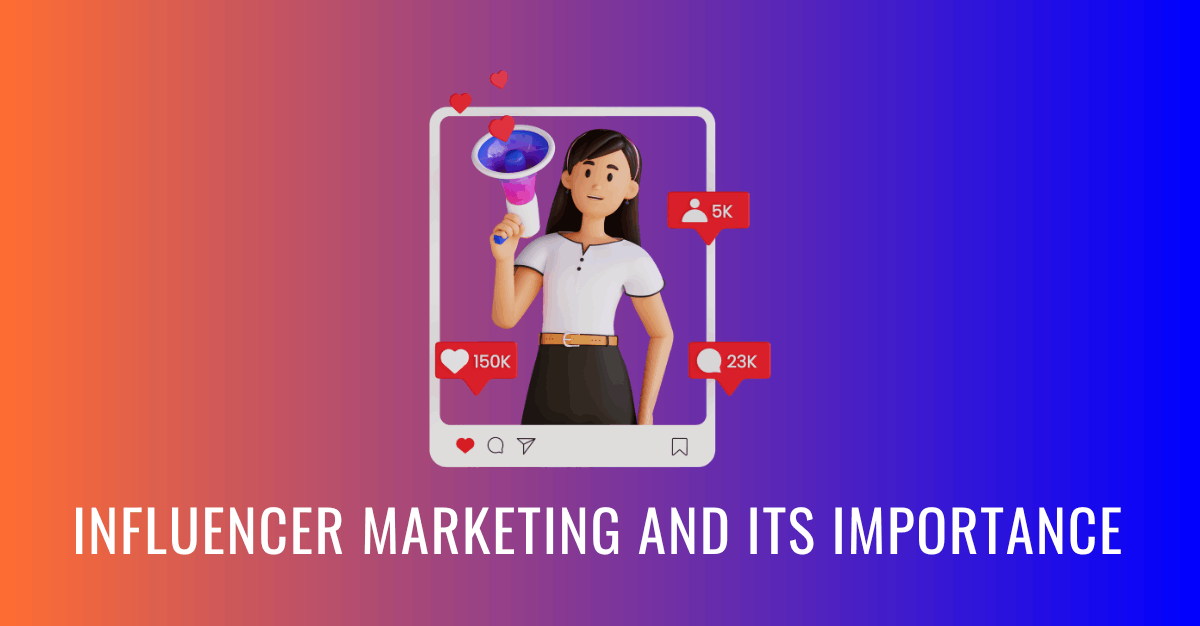
.png)

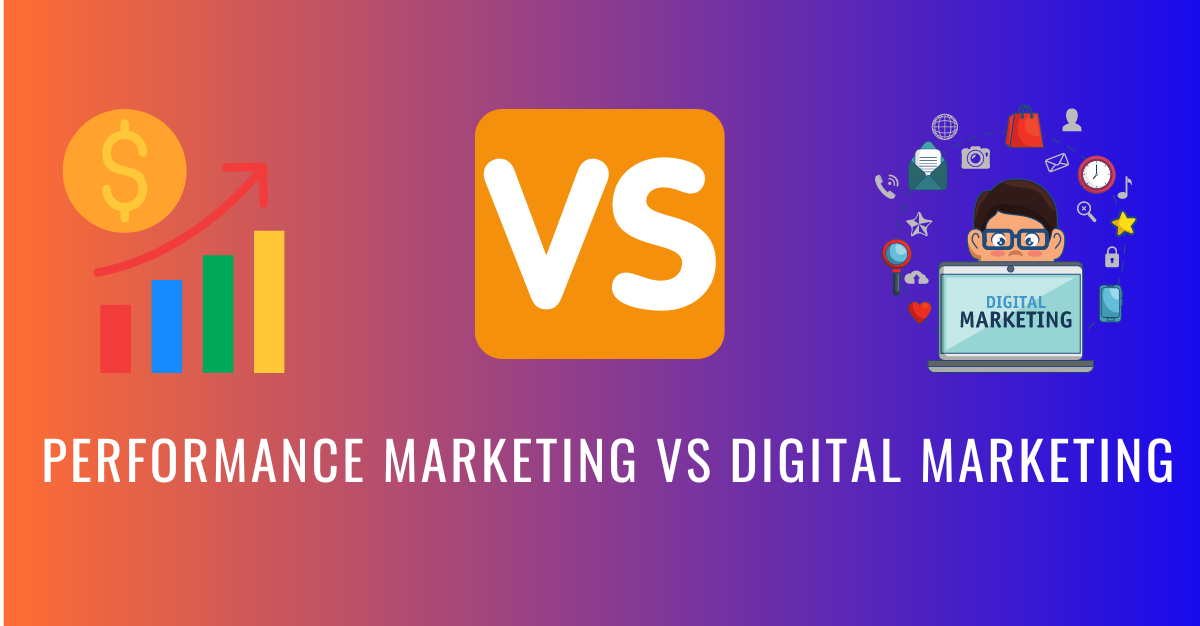
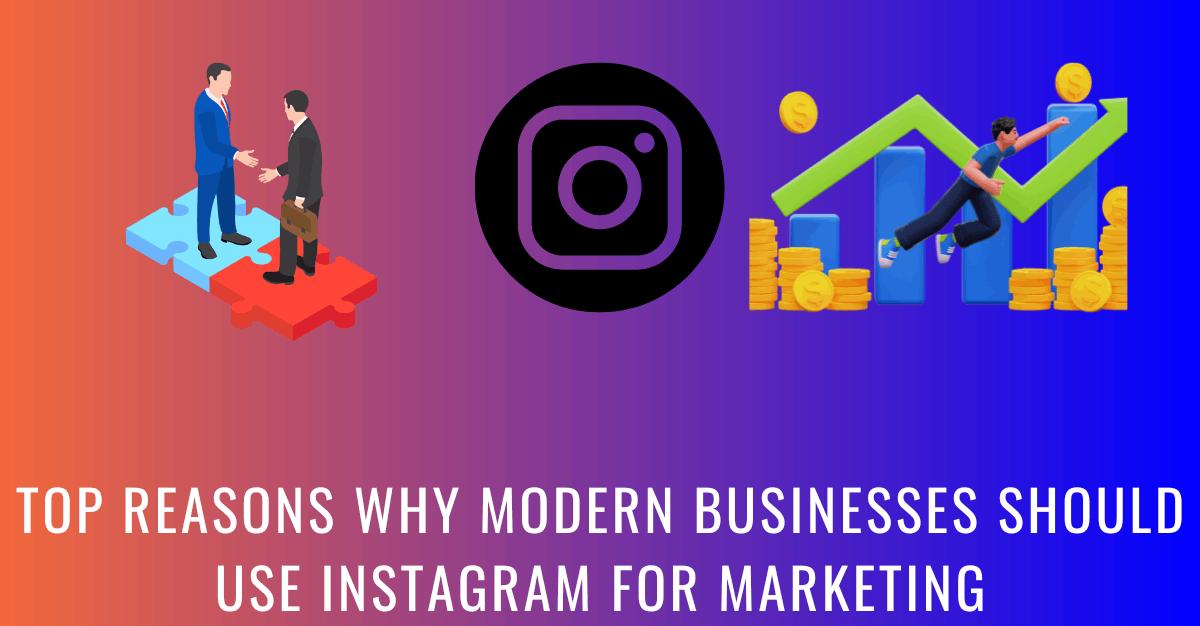



.png)
.png)


.png)
.png)
.png)
.png)
.png)
.png)
.png)

.png)
.png)
.png)
.png)
.png)
.png)
.png)
.png)
.png)
.png)
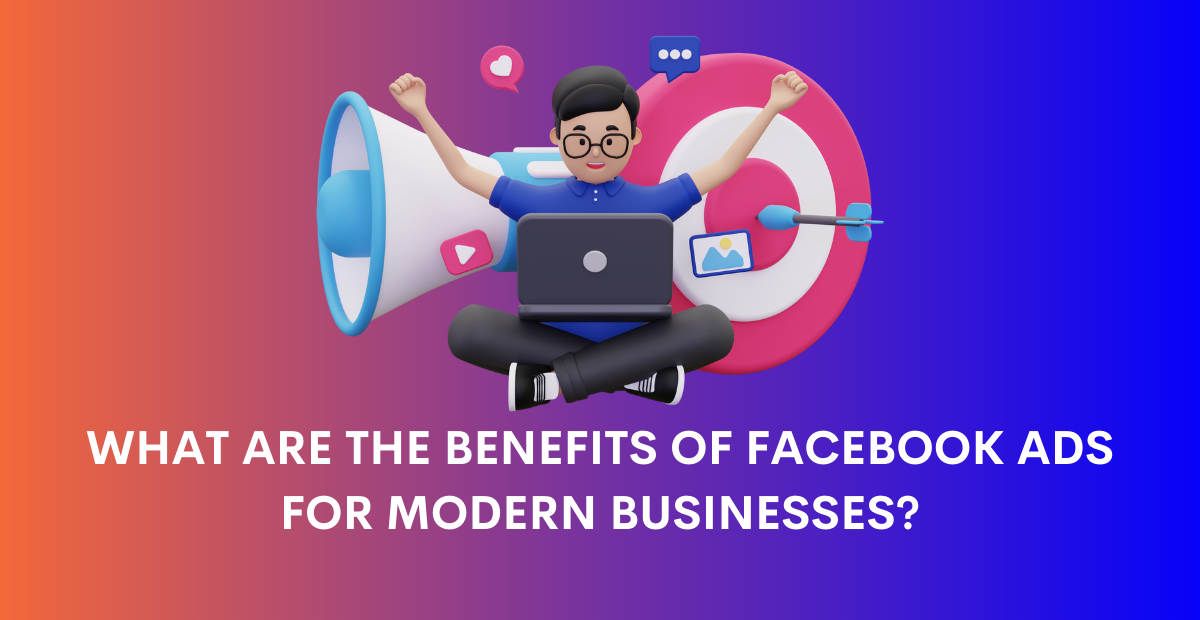








.jpg)


